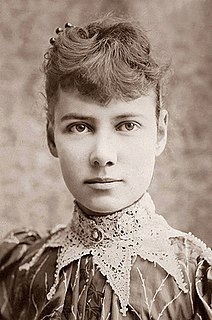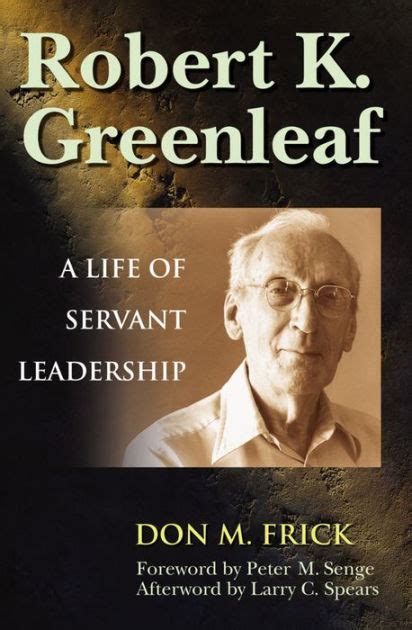A Quote by Pope Benedict XVI
In the world in which we live, it is almost a necessity to be able to regain one's strength of body and spirit, especially for those who live in the city, where the conditions of life, often feverish, leave little room for silence, reflection and relaxed contact with nature.
Related Quotes
We usually recognize a beginning. Endings are more difficult to detect. Most often, they are realized only after reflection. Silence. We are seldom conscious when silence begins—it is only afterward that we realize what we have been a part of. In the night journeys of Canada geese, it is the silence that propels them. Thomas Merton writes, “Silence is the strength of our interior life.… If we fill our lives with silence, then we will live in hope.
This is the true joy in life: Being used for a purpose recognized by yourself as a mighty one, being a force of nature instead of a feverish, selfish little clod of ailments and grievances, complaining that the world will not devote itself to making you happy. I am of the opinion that my life belongs to the whole community and as long as I live, it is my privilege to do for it what I can. It is a sort of splendid torch which I have got hold of for the moment and I want to make it burn as brightly as possible before handing it on to future generations.
There are three motives for which we live; we live for the body, we live for the mind, we live for the soul. No one of these is better or holier than the other; all are alike desirable, and no one of the three—body, mind, or soul—can live fully if either of the others is cut short of full life and expression.
Sickness disgusts us with death, and we wish to get well, which is a way of wishing to live. But weakness and suffering, with manifold bodily woes, soon discourage the invalid from trying to regain ground: he tires of those respites which are but snares, of that faltering strength, those ardors cut short, and that perpetual lying in wait for the next attack.
Let us leave a little room for reflection in our lives, room too for silence. Let us look within ourselves and see whether there is some delightful hidden place inside where we can be free of noise and argument. Let us hear the Word of God in stillness and perhaps we will then come to understand it.
I used to live in a little city by the sea, and the feeling of isolation - it was not like living in Paris or London. It was a bit apart from the main city, and [it gave me] this feeling of isolation and also being close to nature, with nature as a surrounding and also a frontier, from the society of the world.
To call ourselves a Microcosme, or little world, I thought it onely a pleasant trope of Rhetorick, till my neare judgement and second thoughts told me there was a reall truth therein: for first wee are a rude masse, and in the ranke of creatures, which only are, and have a dull kinde of being not yet priviledged with life, or preferred to sense or reason; next we live the life of plants, the life of animals, the life of men, and at last the life of spirits, running on in one mysterious nature those five kinds of existence, which comprehend the creatures not onely of world, but of the Universe.
One must not be afraid of a little silence. Some find silence awkward or oppressive. But a relaxed approach to dialogue will include the welcoming of some silence. It is often a devastating question to ask oneself, but it is sometimes important to ask it - 'In saying what I have in mind will I really improve on the silence?





































